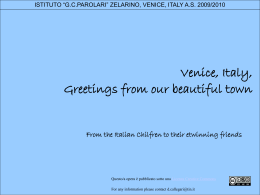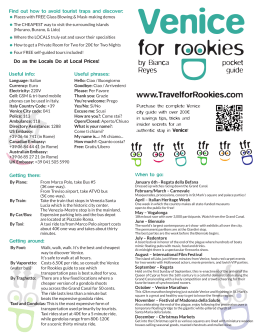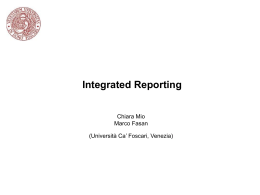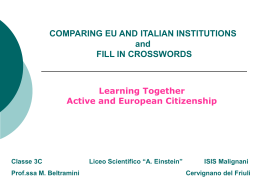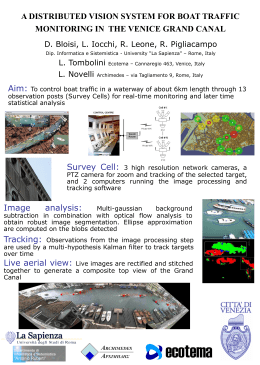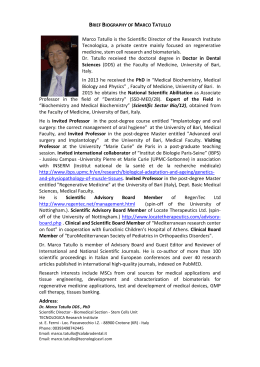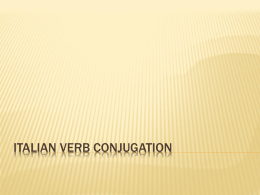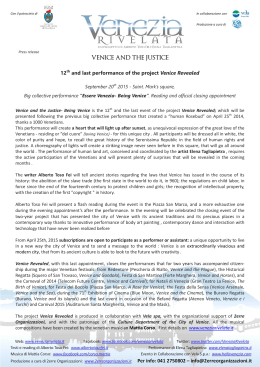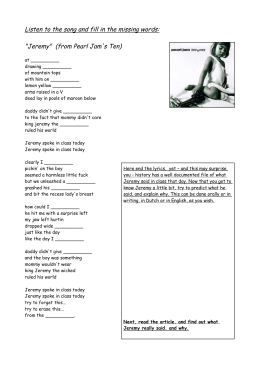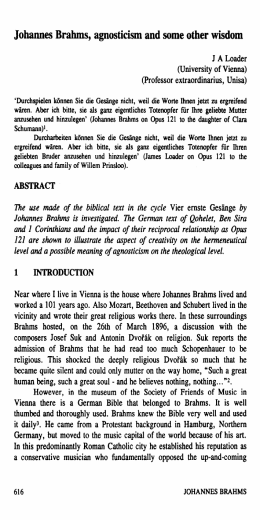Le Strade del Cuore The Streets of the Heart A journey through the heart of the italian renaissance, With frottole, tarantelle and words of love... Anonymous / Tarantella del Passariello traditional dance from Puglia Anonymous / Sona a battenti traditional song from Puglia Marco Cara (1470-1525) / Per fuggir d’amor le punte from: Book I, Franciscus Bossiniensis, 1509 Jacopo Fogliano (1468-1548) / L’amor, donna, ch’io te porto from: Seventh Book of Petrucci, Venice, 1507 Anonymous (XVI sec) / Pavana “La Cornetta” e Gagliarda “La Traditora” from: Ms. British library royal app. 59-62 (undated) Bartolomeo Tromboncino (1470-1535) / Su, su leva alza le ciglia from: IV Book of Andrea Antico, Rome 1517 Marco Cara / Io non compro più speranza from: Book I, Franciscus Bossiniensis, Venice, 1509 Paolo Scoto (16th c.) / Capra mozza sonemus et cantemus from: Seventh Book of Petrucci, Venice, 1507 Marco Cara / Ostinato vo'seguire from: Book I, Franciscus Bossiniensis, Venice, 1509 Pietro Paolo Borrono (c. 1490-after 1563) / Pavana e Saltarello della Milanese from: Intavolature de leuto... G. A. Casteliono, Milan, 1536 Marco Beasley (1957) / Tu dormi from: B. Tromboncino, Libro I del Bossiniensis, Venezia, 1509 Gabriele Fallamero (XVI sec.) / Vorria madonna from: Il Primo libro delle canzonette, Venice, 1584 Anonymous / La bella nœva traditional song from Liguria Anonymous / Tarantella del Gargano traditional song from Puglia Anonymous / Compendium Tarantulae from a citation by Athanasius Kircher Anonymous / Tu bella ca lu tieni lu pettu tundu traditional song from Campania / Puglia Anonymous / Sona Carmagnola song of the troops of Cardinal Ruffo of Calabria, 1799 Marco Beasley / voice Stefano Rocco / archlute, baroque guitar Fabio Accurso / lute LE STRADE DEL CUORE A varied and complex program in which the most delicate refinement is accompanied by a compelling and captivating joie de vivre. The humanist culture in vogue at the turn of the fifteenth century spurred Italian composers to develop a simple and expressive musical style that acted as an alternative to the more elaborately contrapuntal chanson française, the very popular genre of vocal and instrumental music. Courts in Lombardy were at the heart of this fertile experimentation. Among the various poetic forms, the frottola, structured in eight-syllable verses, met with greatest success. The name “frottola” is of uncertain origin. It could be a derivation of the word frotta, designating a heterogeneous group of persons, animals or objects. It also signifies a set of “poetic compositions”, also called barzellette or jokes – dramatic or amusing stories in miniature, full of riddles and proverbs. Still today one can encounter the musical traditions which arose in the territory of the Kingdom of the Two Sicilies, including what is now central and southern Italy and Sicily, the natural crossroads where the cultures of the eastern and western Mediterranean meet. At the time of Spanish rule the signs and influences of much older civilizations were still evident. In addition to conducting our own research in libraries and archives, we have chosen to traverse the roads of Italy, collecting living testimonies and memories of ancient songs from the last depositories of oral tradition. In this way we give voice to the most authentic and secret traditions of Southern Italy: song and music as magic and medicine. The “streets of the heart” are travelled by the desire to hear this music take its place alongside people and places dear to us, evoking stories and situations that bring us together so that we may remember and make of these memories a moment of happiness, albeit tinged at times with mystery and melancholy. Our program ends chronologically on June 13, 1799, the date that marks the fall of the Parthenopean Republic: that revolutionary dream, suffocated in the blood spilled on the streets of Naples by the royalist and pro-Spanish troops, led by Cardinal Ruffo of Calabria. ©Marco Beasley www.marcobeasley.it
Scaricare
